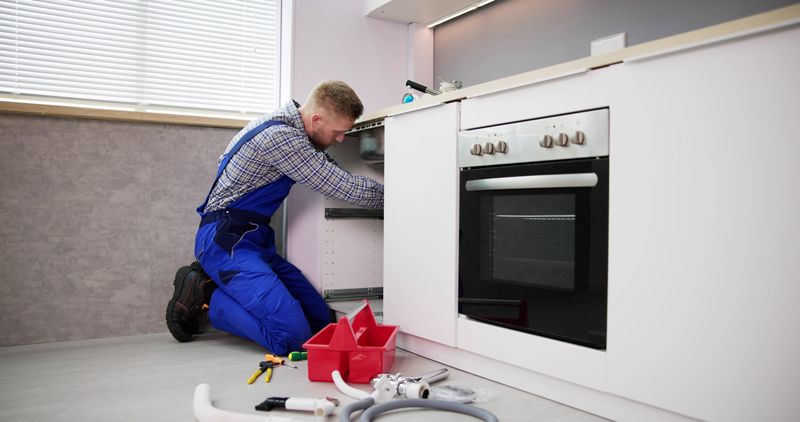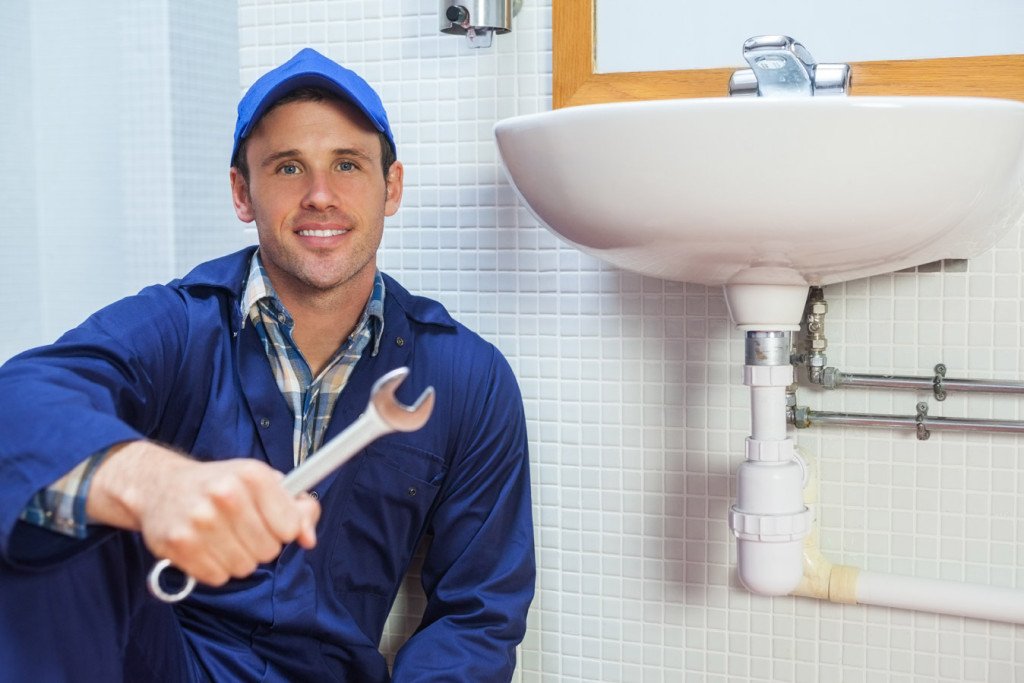Handy Bathroom Plumbing Advice for First-Time Home Buyers
Handy Bathroom Plumbing Advice for First-Time Home Buyers
Blog Article
We've noticed this post about 11 Must-Read Tips for Plumbing a New House down the page on the web and figured it made good sense to discuss it with you on this page.

For brand-new house owners, understanding and maintaining shower room pipes can save both money and time by avoiding costly concerns down the line. Below are some crucial bathroom plumbing pointers to assist you keep everything running smoothly.
Prepare for Cold Weather
Safeguard your pipes from freezing throughout winter by shielding pipelines in unheated locations like cellars, attic rooms, and garages. During severe cold, let cold water drip from faucets offered by exposed pipelines to aid prevent freezing.
Schedule Regular Upkeep
Consider scheduling yearly evaluations with a qualified plumber. They can detect problems that you may miss, such as hidden leaks or deterioration on pipes and components. Routine maintenance helps expand the life of your plumbing system and can prevent emergency situations.
Familiarize Yourself with the Main Shut-Off Shutoff
Knowing where the major water shut-off valve lies in your house is important. This permits you to swiftly turn off the water system in case of significant leaks or during plumbing emergencies, stopping considerable water damages.
Routinely Evaluate for Leakages
Small leakages can cause big issues. On a regular basis inspect under sinks, around toilets, and near plumbing components for any indications of leaks. Search for moisture, tiny drips, or corrosion. Capturing and repairing leakages early can prevent much more severe damages and conserve water.
Maintain Your Water Heater
Guarantee your water heater is set to an ideal temperature level (typically about 120 degrees Fahrenheit) to prevent hot and minimize energy usage. Flush the container annually to remove sediment accumulation, which can lower the efficiency and life expectancy of your heating system.
Update Your Components
If your home has older components, take into consideration upgrading to a lot more effective versions. Modern commodes, showerheads, and taps are made to use less water while supplying great stress, which can significantly reduce your water bill and environmental footprint.
Beware with DIY Plumbing Services
While it's tempting to handle all home repairs on your own, be cautious with pipes. Some concerns could call for specialist knowledge, particularly if they include main water lines or drain repair services. Working with a specialist can occasionally be a lot more cost-effective than do it yourself, particularly if it avoids additional damages.
Do Not Overlook Slow Drains Pipes
If your sink or tub is draining pipes slowly, it's often a sign of an obstruction developing. Addressing this very early can stop a total clog. Utilize a plunger or a plumber's serpent to clean out particles. Prevent utilizing chemical drain cleansers as they can damage your pipelines in time.
Know What Not to Flush
Commodes are not waste disposal unit. Avoid flushing anything aside from toilet tissue and human waste. Items like wipes, feminine health products, and cotton swabs should be disposed of in the trash to prevent blockages and sewer backups.
Mount Strainers in Drains
Place filters in your sink and bath tub drains pipes to catch hair and other debris prior to they enter your plumbing system. Cleaning up the strainers on a regular basis will aid stop build-up and keep water moving openly.
Verdict
Understanding and keeping your home's restroom plumbing can protect against many typical problems. By adhering to these important ideas, you can ensure your shower room remains useful and efficient, saving you money and time in the future.
Essential Plumbing Tips for Homeowners: Keep Your Pipes Flowing Smoothly
As a homeowner, understanding the basics of your plumbing system can save you time, money, and a lot of headaches. Plumbing issues can range from minor annoyances like dripping faucets to major problems like burst pipes that cause significant damage. This guide provides essential tips to help you maintain your plumbing system and tackle common issues.
Understanding Your Plumbing System
Supply System: Brings fresh water into your home from a municipal source or a well. Drain-Waste-Vent System: Removes wastewater and vents sewer gases outside. Fixtures and Appliances: Includes sinks, toilets, showers, dishwashers, and washing machines. Basic Maintenance Tips
Regular Inspections: Periodically check for leaks, corrosion, and other signs of wear and tear. Look under sinks, around toilets, and near water heaters. Know Your Main Shut-Off Valve: In case of a major leak, you’ll need to shut off the water quickly. Ensure everyone in your household knows where the main shut-off valve is located. Prevent Frozen Pipes: In cold climates, insulate exposed pipes and let faucets drip during extreme cold to prevent freezing. Use Strainers: Install strainers in sinks and tubs to catch hair, food particles, and other debris that can cause clogs. Common Plumbing Issues and Solutions
Clogged Drains:
Prevention: Avoid pouring grease down the drain and use drain screens to catch debris. DIY Fix: Use a plunger or a plumbing snake to clear minor clogs. For stubborn clogs, a mixture of baking soda and vinegar can sometimes help. Leaky Faucets:
Prevention: Replace washers and seals regularly. DIY Fix: Turn off the water supply, disassemble the faucet, and replace worn parts.

Call Today Report this page